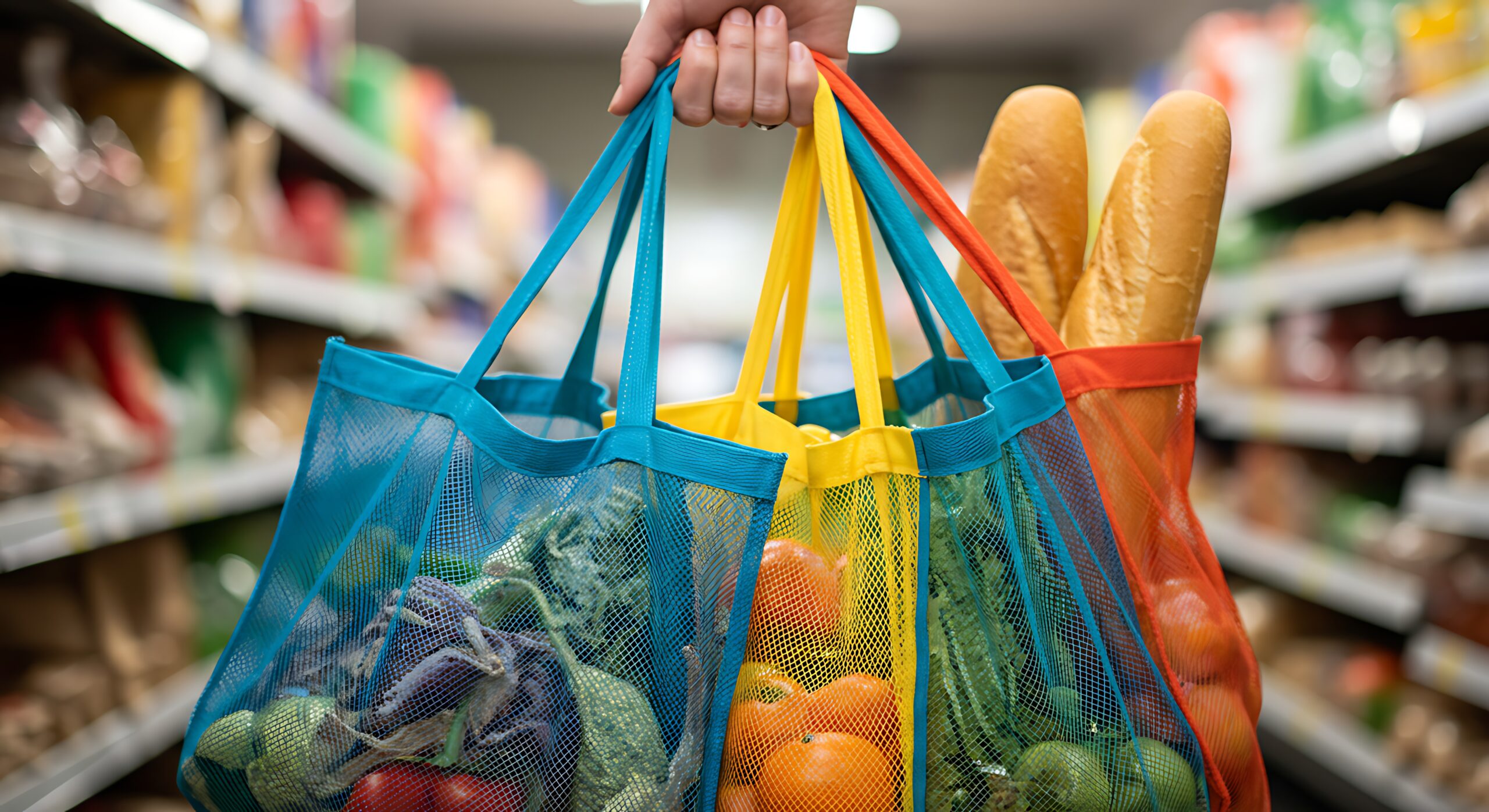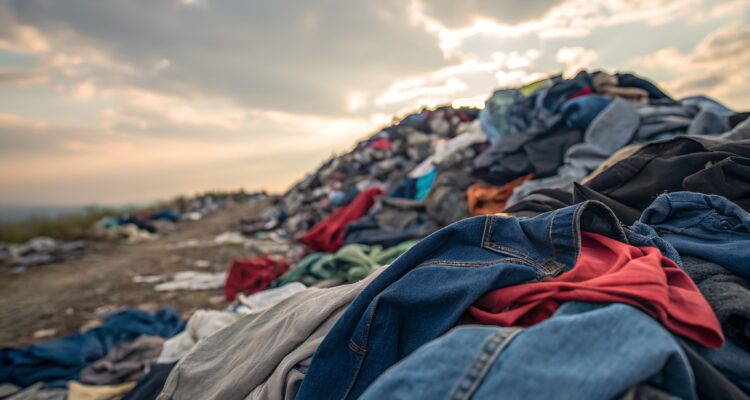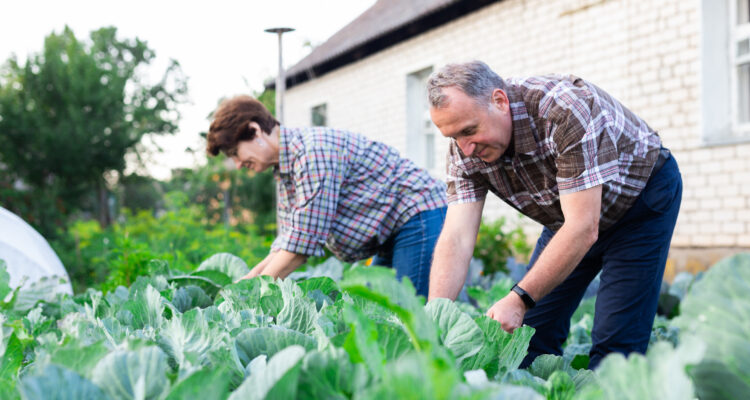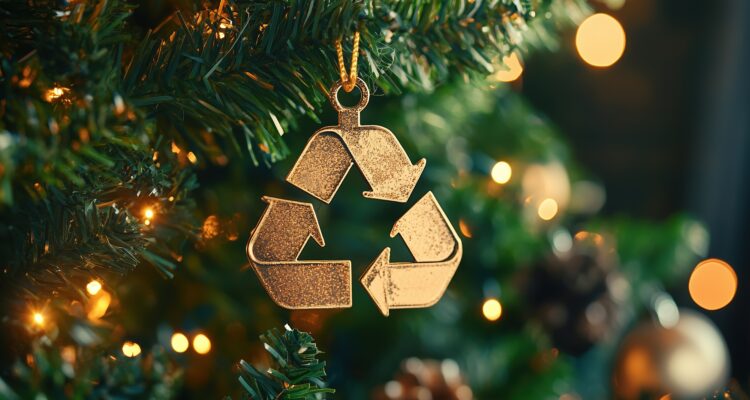Consumerism is a big part of modern life. When we are all so busy, it can seem easier to throw things out, buy cheap replacements and choose the convenient option. However, this can also have a huge impact on our health and the environment. The good news? A huge 86.5% of adults in the UK have already started making changes to help the environment. [1]
Big changes can start with a tiny step, so here are 50 Easy Ways to Spend Less, Buy Less and Waste Less.
-
Have a clear out
- Declutter your space and keep only what you truly need. This can also mean making some money from your ‘junk’ and giving much needed donations to charity shops.
-
Opt for Second-Hand
- Purchase pre-loved items to reduce waste and save money. Read our blog on 5 of The Best Things to Buy Second Hand.
-
Try Some DIY Projects
- Get creative and make your own products, from home decor to personal care items. If you want some inspiration, here’s 4 Eco-Friendly DIY Projects.
-
Support Local Businesses
- Buy from local artisans and farmers when you can. These products tend to be less mass produced, therefore saving the environment.
-
Switch to Reusable Containers
- Switch to reusable bags for your shopping, metal water bottles, and reusable containers for food. This instantly reduces your plastic waste.
-
Ditch the Takeaways
- Prepare meals from scratch to expensive foods and excess packaging. If you need inspiration, we’ve got some delicious recipes on our website.
-
Grow Your Own Food
- Start your own mini food garden to enjoy fresh produce and save money. Tomatoes, spring onions and herbs are famously an easy place to start.
-
Repair, Don’t Replace
- Fix broken items instead of immediately throwing them out and buying new ones. Shoes can be a good start, with a trip to the cobblers. Also sewing up holes in clothes and reattaching buttons.
-
Borrow or Rent
- Take advantage of your local library for books and DVDs. Power tools and DIY equipment can also be rented from places like B&Q, especially if you only need them for one job. You can also save money by hiring suits and high value dresses for special occasions like weddings.
-
Limit Fast Fashion
- Choose timeless, high-quality clothing over trendy, disposable fashion. Here’s a Guide to Sustainable Clothes Shopping.
-
Use Energy-Efficient Appliances
- Invest in appliances that consume less energy and reduce your utility bills. Most appliances sold in the UK must display an energy efficiency label. “A” being the most efficient to G being the least efficient.
-
Reduce Water Usage
- Install water-saving fixtures like a water butt for rainwater in your garden. Don’t run the tap while you brush your teeth and save old rice water for your plants. Websites such as Ethical Superstore have some great water saving products.
-
Choose Public Transport
- Whenever you can, use buses, trains and bicycles to reduce your carbon footprint.
-
Carpool
- Check with friends if you are all headed to the same event or with workmates, to see if carpooling or ride sharing could save you fuel and reduce emissions.
-
Practice Mindful Shopping
- Making a list of essential items and sticking to it can help you avoid expensive and unnecessary purchases when shopping.
-
Buy in Bulk
- If you have the storage and buy items that don’t go off or spoil, buying in bulk is a great way to reduce packaging and save money. Some of the best things to buy in bulk are: pasta, rice, toilet roll, laundry detergent, fabric softener, dry pet food and cat litter.
-
Choose Eco-Friendly Products
- Look for products made from sustainable materials and using ethical practices. Opt for items with trusted eco labels, like the Fairtrade label , which ensures ethical sourcing and better conditions for workers.
-
Reduce Your Meat Consumption
- Incorporate more plant-based meals into your diet, not only can this be a cheaper way of eating, it also has environmental benefits. Find out how much difference this can make on the Meat Free Mondays website.

-
Avoid Single-Use Items
- Say no to disposable cutlery, plates, straws, cups and plastic bags.
-
Use Natural Cleaning Products
- Make your own cleaning solutions using vinegar, baking soda, and essential oils. We have a great blog on 5 Eco-Friendly Spring-Cleaning Tips
-
Recycle and Compost
- Sort your waste and compost organic materials to reduce landfill impact. Not sure where to start? Check out our Composting Made Easy guide.
-
Join a Forum or Group for Tips
- Learn about sustainable practices and share knowledge with others. One of the best we’ve seen is the Zero Waste forum on Reddit.
-
Deal with Electronic Waste Responsibly
- Donate or recycle old electronics responsibly. Here’s a guide on how to recycle electrical items.
-
Take Some Time Before You Buy
- Reflect on whether you are buying something because you ‘want a treat’ or if you really need it. Give it 24 hours at least and reassess if you still want or need the item.
-
Try Renewable Energy
- Consider installing solar panels for your home. This is good for the environment and can save you money on your energy bills.
-
Participate in Local Clean Ups
- Join local environmental groups and volunteer for clean-up events. Organisations such as The Wildlife Trusts, Friends of the Earth, or Greenpeace UK often organise clean-up events and can provide information on how to get involved
-
Go Paperless Where You Can
- Banks, Doctors, Utility Companies and even Payroll at work will often offer you a digital option for your documents rather than paper, which is a simple way to be more ecologically friendly.
-
Make Your Own Gifts
- Create personalised gifts instead of buying mass-produced items. A baked cake or a thoughtful photo in an upcycled frame from a charity shop can be even more thoughtful than a shop bought gift.
-
Use Sustainable Hotels
- Opt for eco-friendly accommodations. Check out some of our favourites here.
-
Limit Your Air Travel
- Choose local destinations and explore your surroundings in the UK. If you have the option to go by train, rather than plane, this can also lighten your carbon footprint.

-
Use Cloth Napkins
- Replace paper napkins with reusable cloth ones.
-
Try Foraging!
- There are plants, fruits and vegetables all around us in the UK that you can responsibly forage for. Here’s our guide to Seasonal Foraging you can do in the UK!
-
Reduce Chemical Use
- There are lots of easy to make at home cleaning products which can save you money. Humble old household vinegar is natural and has many cleaning uses!
-
Support Renewable Energy Projects
- In the UK, there are energy suppliers that are more ‘green’ than others. They do this in different ways, such as using 100% renewable electricity and investing in their own renewable projects. Switch to one of these suppliers if you can.
-
Choose Sustainable Furniture
- Buy furniture made from recycled or sustainable materials. Or even second-hand good quality furniture from a specialist charity or antique shop can be a good investment.
-
Reduce Use of Disposable Batteries
- Switching to rechargeable batteries is a great way to minimise harmful battery waste.
-
Switch from Paper Books and Magazines Opt for Digital Media
- Choose e-books and online subscriptions over physical copies. Platforms such as Pocketmags and Readly have great online magazines for you to enjoy!

-
Don’t throw out your coffee grounds
- Use used coffee grounds as an exfoliant to achieve softer skin. Alternatively, you can use these coffee grounds as a DIY plant fertilizer. You can usually pick them up for free at coffee shops.
-
Reuse old clothes
- If a tshirt has seen better days and can’t be donated to charity or given away, simply cut it up and you have free new cleaning cloths.
-
Change bottle soaps for bar soap
- Lots of cleaning products now come in a soap bar version. This includes shampoo, conditioner, face wash, hand wash, body wash and many more. This is a great way to skip the plastic bottles.
-
Save wrapping paper and gift bags
- Lots of wrapping paper and gift bags are in good enough condition to reuse for another gift. Why buy another, when you can save money and the environment? Brown paper and old ribbons are also a cute way to wrap a gift and are recyclable.
-
Swap Your Light Bulbs
- Consider replacing your home’s bulbs with LEDs, which are energy-efficient, use 80% less electricity than halogen lights, and have a lifespan up to 20 times longer, according the energy trust
-
Swap Out Your Plastic Utensils
- Bamboo toothbrushes, natural sponges, wooden spoons are all kinder to the environment than the plastic alternatives.
-
Choose Reusable Cotton Pads
- Cotton pads are available as a reusable version, you can wash them after use and reuse. This means less cotton pads in landfill and saves you money over time.
-
Host a Swap Club
- Arrange a party with your friends and family where you bring along anything you don’t need anymore for a swap club. You could bring plants, textiles, clothes, electronics and books.
-
Save Your Glass Jars and Wine Bottles
- Clean them out and use them for storage. Pens, loose buttons or leftovers can all be kept in old glass jars. A wine bottle could be your new candle holder.
-
Invest in metal or glass straws
- 500 million single-use strawsare thrown out each day. Using metal or glass ones is a tiny change that can make a big difference.
-
Choose Loose Fruits and Veg
- Most supermarkets offer loose fruit and vegetables rather than the plastic packaged option. This also means you only tend to buy what you need and leads to less food waste.
-
Dry Your Washing Outside
- Granted – it’s not always easy with the Great British weather, but if you get a chance, hanging your washing on the line can save a lot of energy and money.
-
Choose or Recommend Vavista Car Insurance
- At Vavista we have partnered with the Eden: People + Planet and for every new customer we plant a tree, for new policies only.
By implementing these strategies, we can collectively reduce consumerism and create a healthier, more sustainable world. At Vavista, we are committed to supporting our customers in making eco-friendly choices that benefit both their lifestyle and the environment.
Get a car insurance quote from Vavista today!



